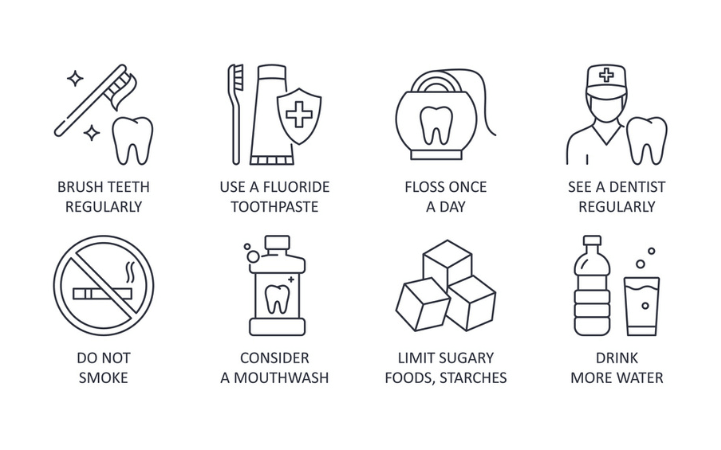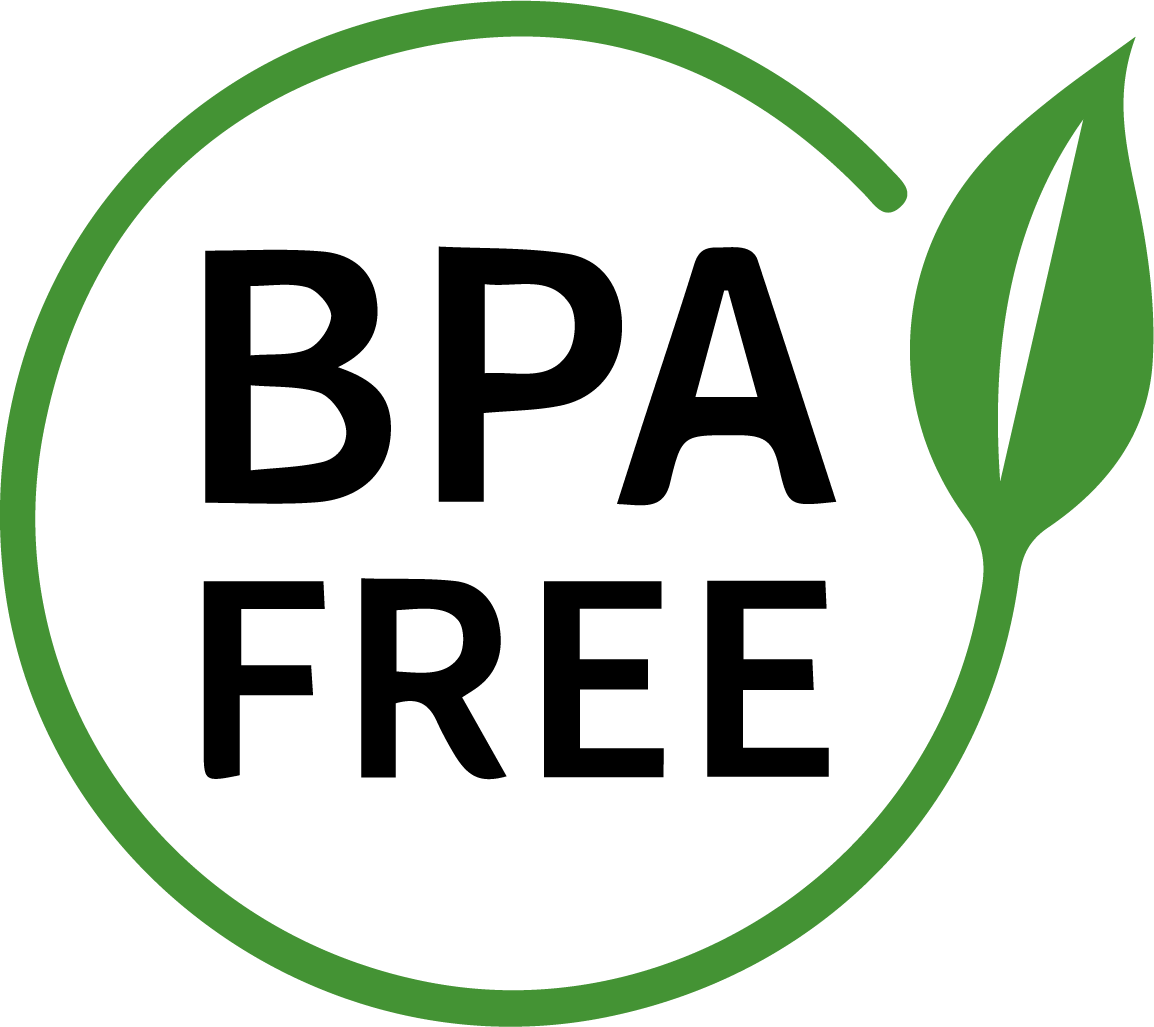
A shining smile provides more than social confidence because it demonstrates your complete health status. The maintenance of proper oral hygiene practices remains fundamental throughout every age group starting from childhood to seniorhood for developing strong teeth together with healthy gums.
People should prioritize following age-suited good oral hygiene tips among various dental recommendations and products that are available today. This blog explores guidelines for preserving excellent dental health at every age & tips for better oral hygiene.
The Importance of Oral Hygiene
Under the broader scope of oral hygiene tips lies a complete system that maintains both dental health and free disease status. A healthy mouth prevents tooth cavities along with gum diseases, reduces the risk of bad breath, and provides benefits to your general wellness. Early practice of quality oral hygiene tips produces advantages that stretch across your entire life. Following oral hygiene tips prepares your future with better health conditions while reducing your need for expensive dental procedures.
Oral Hygiene for Children: Building a Strong Foundation
Children require oral healthcare to start at the initial stage when their first teeth begin development. Infants need parents to clean their teeth with a soft toothbrush while using only small amounts of fluoride toothpaste. Making brushing fun helps children establish good oral hygiene tips.
Children should learn how to spend two minutes on their brushing and flossing twice a day as part of their routine. Parents need to observe tooth brushing until their children learn how to handle it themselves during age 7 or 8. The prevention of cavities requires a restriction of sugary snacks and beverages.
Regular visits to the dentist enable early detection of risks which guarantees the finest beginning of oral health development.
Teenagers and Unique Oral Care Challenges
Young people experience oral health problems due to their need for braces, wisdom teeth, and their eating preferences which affect their dental condition. The risk of developing cavities rises because food particles easily get stuck between braces which requires additional care.
Maintaining good oral hygiene tips requires young people to maintain regular brushing with fluoride toothpaste and daily flossing activities even when they use braces for oral care. Orthodontic treatment created for special cleaning purposes aid in cleaning spaces between braces and wires.
Within the teenage years wisdom teeth normally start to emerge through the gum surface while often creating discomfort for the patient. Regular dental appointments enable dental professionals to take necessary and immediate actions for potential oral health problems which help teens maintain their oral health at its best.
Young Adults: Maintaining Healthy Habits
The active nature of many young adults creates opportunities for them to delay their focus on dental care activities. The practice of oral hygiene tips now prevents future oral health complications from developing.
- Young adults must brush their teeth twice each day for two minutes with fluoride paste and floss their teeth every day.
- Integrate mouthwash in their routine as it serves as a supplementary protection against oral bacteria.
- Regular dental visits are scheduled every six months to identify early dental problems which help maintain an exceptional tooth state.
- Avoidance of smoking and controlled alcohol intake as probable dental issues including gum disease and discoloration may occur when these substances are out of control.
Oral Health in Middle Age: Prevention and Maintenance
People between the ages of 40 and 50 experience heightened vulnerability to both gum disease along with tooth decay. The practice of adequate oral hygiene tips at this point will stop complications from developing later in life.
Dextrous difficulties do not eliminate the need for brushing and flossing, individuals can use electric toothbrushes to perform dental hygiene tasks. Individuals who consume a diet consisting of nutritious fruits and vegetables and whole grains will experience better oral well-being alongside general health advantages.
The habit of abstaining from tobacco use together with cutting back on excessive alcohol consumption proves vital because these behaviors increase the risks for tooth loss and gum disease development.
Senior Oral Health: Addressing Age-Related Concerns
The health of the mouth determines significantly how well seniors are able to live their lives.
Daily habits involving fluoride toothpaste brushing combined with daily flossing should be fundamental core oral care practices. Seniors can take advantage of specifically designed products including toothpaste and therapeutic mouth rinses that offer the care they need for sensitive teeth. The consumption of hydrating products neutralizes the dry mouth problem that is often a concern for aging adults.
Senior citizens must make routine visits to their dentist in order to properly address their developing dental issues as they age such as receding gums or denture care and get proper support regarding these conditions.
Tips For Better Oral Hygiene

Best Brushing Techniques for Effective Cleaning
The correct method of brushing plays an essential role in preserving oral hygiene for people of all ages. An individual should follow this proper order for the best results of cleaning:
- Use a soft toothbrush with bristles and fluoride toothpaste.
- brush each tooth surface starting from the outer surfaces and moving toward the inner teeth surfaces followed by gum surface cleaning.
- Clean your tongue by brushing it as it helps eliminate bacteria and also improves your breath freshness.
- Brush your teeth for two minutes and should perform this routine twice a day.
- Replace the toothbrush after approximately three months or when you see visible signs of bristle deterioration.
Flossing: The Key to Preventing Gum Disease
Flossing is an important aspect of oral hygiene as it helps to remove both plaque buildup and food items from between the teeth. The efficient process of flossing includes the following sequence of actions:
- Start with 18 inches of floss which you must wind onto your fingers using the majority of the length while keeping a short piece available to use with.
- You should move the floss between teeth before shaping it into a C to reach the gum area below the teeth.
- Each tooth requires a new section of floss to avoid the transmission of bacteria.
- If regular floss causes difficulties people can achieve good results with floss picks and interdental brushes as well as water flossers.
Mouthwash: An Extra Layer of Protection
The use of mouthwash as a supplementary oral hygiene step helps persons achieve fresher breath and reduces plaque formation and cavity protection. The antibacterial agents in mouthwash stop both gum disease and plaque development.
Remember mouthwash complements oral hygiene which means it functions alongside regular brushing and flossing behavior instead of acting independently.
The Role of Diet in Oral Health
The dietary choices we make contribute significantly to good oral hygiene tips because wholesome eating builds better dental and gum health which reduces cavity-related dental issues.
Foods to include:
- Fruits and vegetables (rich in fiber and vitamins).
- Dairy products provide teeth with calcium which maintains their strength.
- Lean proteins and whole grains.
Foods to limit:
- Sugary snacks and beverages.
- Sticky or acidic foods that erode enamel.
Regular Dental Check-Ups: A Vital Component of Oral Health
Regular Dental Check-Ups: A Vital Component of Oral Health
The constant necessity to visit dental professionals operates as a shield against oral healthcare problems as they provide adults and young people with good oral hygiene tips.
During check-ups, the dentist will:
- Examine teeth and gum health to identify decay products and active diseases.
- Perform cleaning procedures to get rid of plaque and tartar accumulation.
- Offer patients customized oral hygiene tips alongside specific medical protocols.
Regular visits to the dentist should happen every six months according to recommendations unless special dental conditions necessitate more regular appointments.
Conclusion
Regular practice of oral hygiene tips, consumption of proper nutrition in addition to routine dental examinations lead to strong teeth and gums which can last throughout a lifetime. The investment in good oral hygiene tips and choosing the best dentists for families at present leads to beautiful and confident smiles that stay with you for a lifetime.







